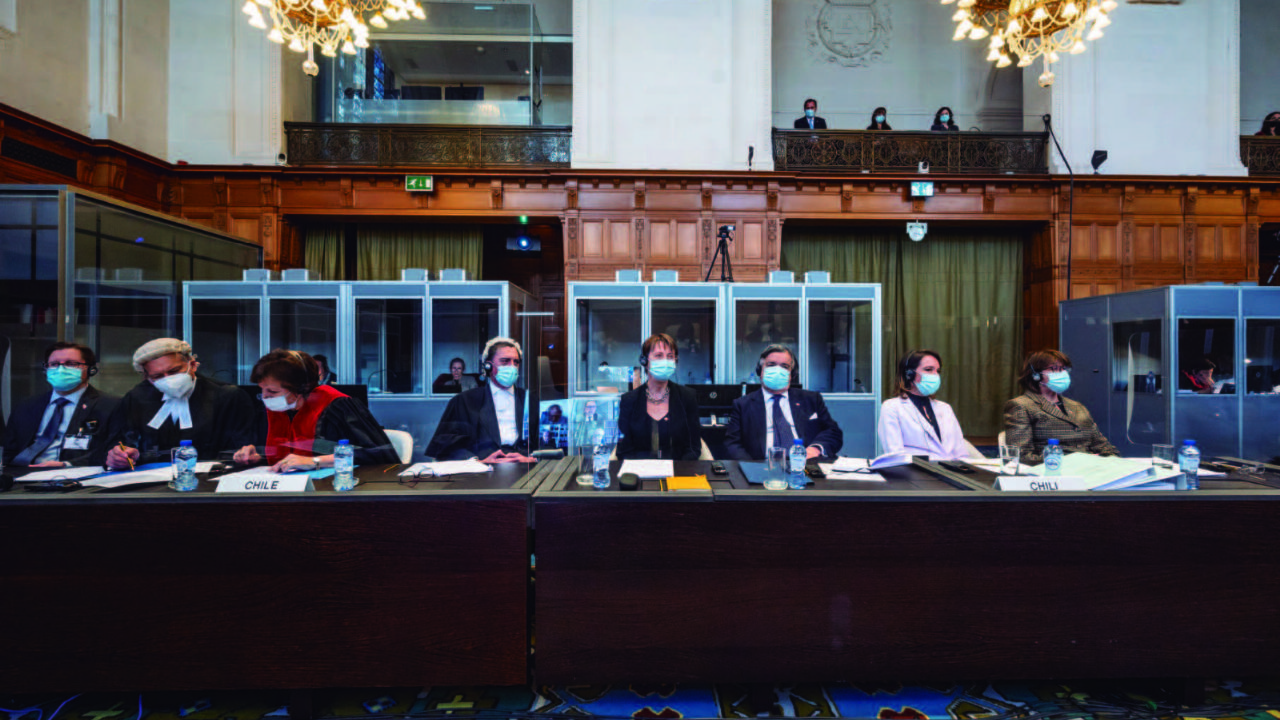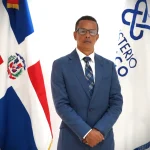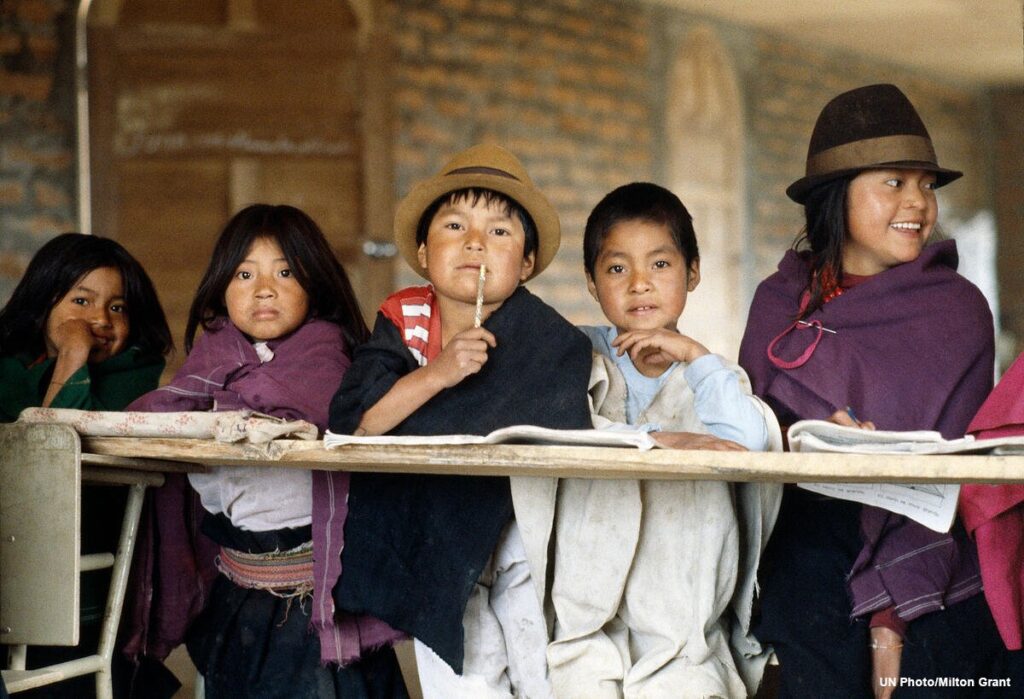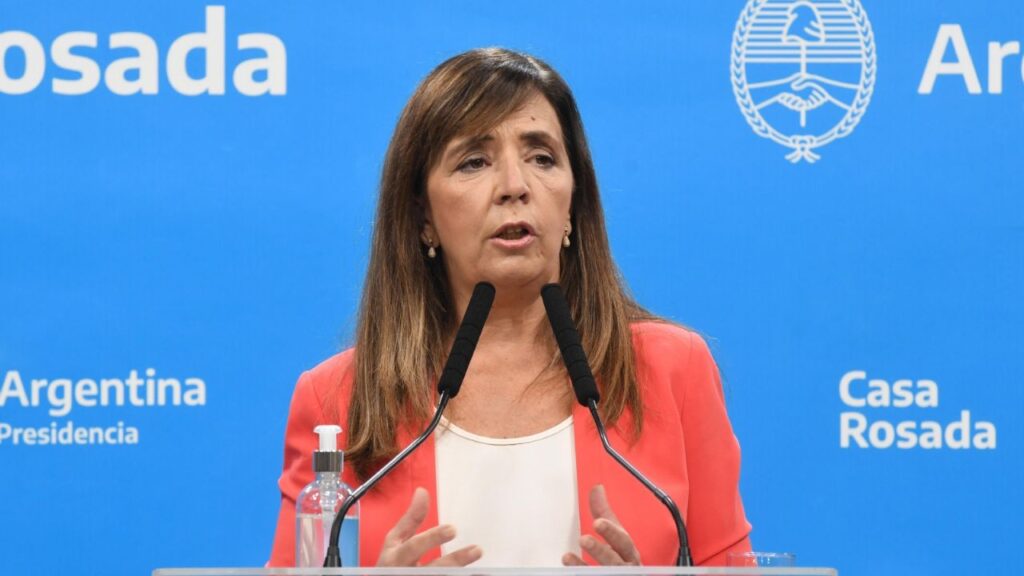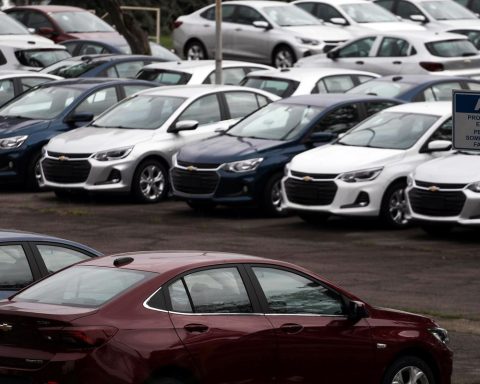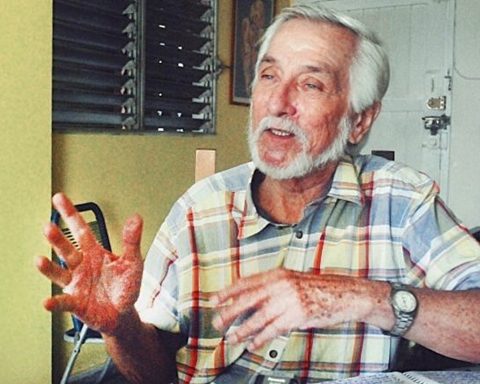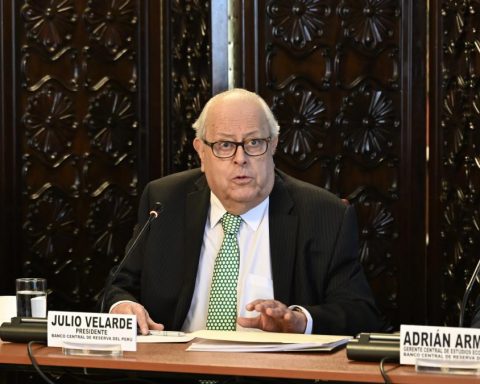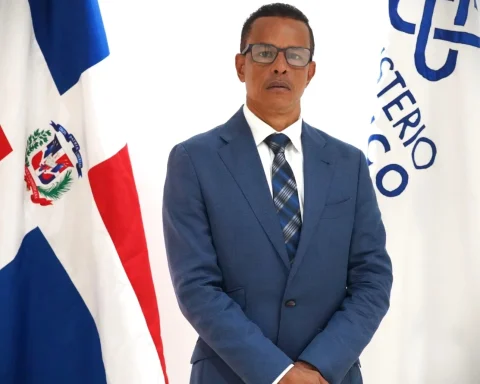Pablo Peralta M. / La Paz
Before the judges in The Hague, Chile refused to compensate Bolivia for maintaining the Silala channels and the artificial flow that the national defense maintains as a result of these works, since it affirmed that it is free to use the waters as it pleases, without payment or agreement. additional.
“Chile is free to use the waters of the Silala as it pleases without any additional payment or agreement, as long as, of course, its use is equitable and reasonable. We invite the Court to rule accordingly”, assured Alan Boyle, one of the lawyers of the Chilean team.
In this way, Santiago responded to Bolivia, which on Tuesday said that it has the right to compensation, which implies “the cost of maintaining the canalizations and the value of the enhanced surface flow.”
In addition to Boyle, the jurists Stephen McCaffrey and Laurence Boisson Des Chazournes, raised Chile’s response to the three counterclaims that Bolivia filed in 2018 in the framework of the Silala case, which is being aired in the International Court of Justice (ICJ).
Boisson Des Chazournes was in charge of presenting Santiago’s position on Bolivia’s “A” counterclaim, which focuses on the Court declaring that it has sovereignty over the artificial canals and drainage facilities that are in its territory, and that it has the right to decide if and how they should be maintained.
The jurist stated that Chile “always” recognized Bolivia’s sovereignty over the canals located in its territory and that it even renewed that recognition in its arguments by affirming -she quoted- “Bolivia’s sovereignty over the artificial canals and drainage mechanisms located in its territory is not disputed by Chile”.
Boisson Des Chazournes stated that since there is no dispute regarding Bolivia’s “A” counterclaim, because Chile recognizes that point, The Hague “is not competent” to resolve it and must decline examination of the merits.
Attorney McCaffrey addressed Chile’s response regarding counterclaim “B”, which focuses on Bolivia asking the Court to declare that it has sovereignty over the artificial flow of Silala waters, managed, increased or produced in its territory, and that Chile has no right to that artificial flow.
The jurist asked the Court to declare that international law “does not recognize the concept of artificial flow, as Bolivia invented”, and that the relevant norms of customary international law apply “to the entire flow of the Silala system”. .
McCaffrey stated that Bolivia’s insistence that what it calls “artificial flow” be treated differently would result in “fragmentation of the natural unity of a freshwater system.”
“With all due respect, it borders on the absurd to suggest that any of the Silala waters become non-international waters, because they pass through works made by human beings,” he said.
Contrary to Bolivia’s argument that the concept of international course is not enough to characterize the Silala, the jurist said that “Bolivia’s efforts to complicate the matter do not diminish the capacity of international law applicable to water courses to provide answers regarding the uses and status of the Silala”.
Boyle addressed Santiago’s position regarding the “C” counterclaim, which focuses on Bolivia requesting that the Court declare that all supplies from Bolivia to Chile of the artificial flow of the waters of the Silala, as well as the conditions and modalities, including the compensation to be paid for the supply, are subject to an agreement with Bolivia.
The lawyer warned the judges that if they accept any part of the counterclaim, the implications for downstream states around the world will be very worrying and considerable. “Egypt would have to make payments to Uganda for a portion of the waters it receives through the Nile,” he argued.
Boyle urged the Court to reject what he called Bolivia’s “unfounded and outrageous claim”. The lawyer invited the members of The Hague to declare that even if any part of the flow of the Silala were enhanced or improved as Bolivia alleges, “it is still part of the system.”
After the intervention of the defense of Chile, the first round of oral arguments is closed. Today and tomorrow the interrogations of the experts will take place.
3
COUNTERSLAIMS
Bolivia filed against
Chile before the Court of
The Hague in 2018.
